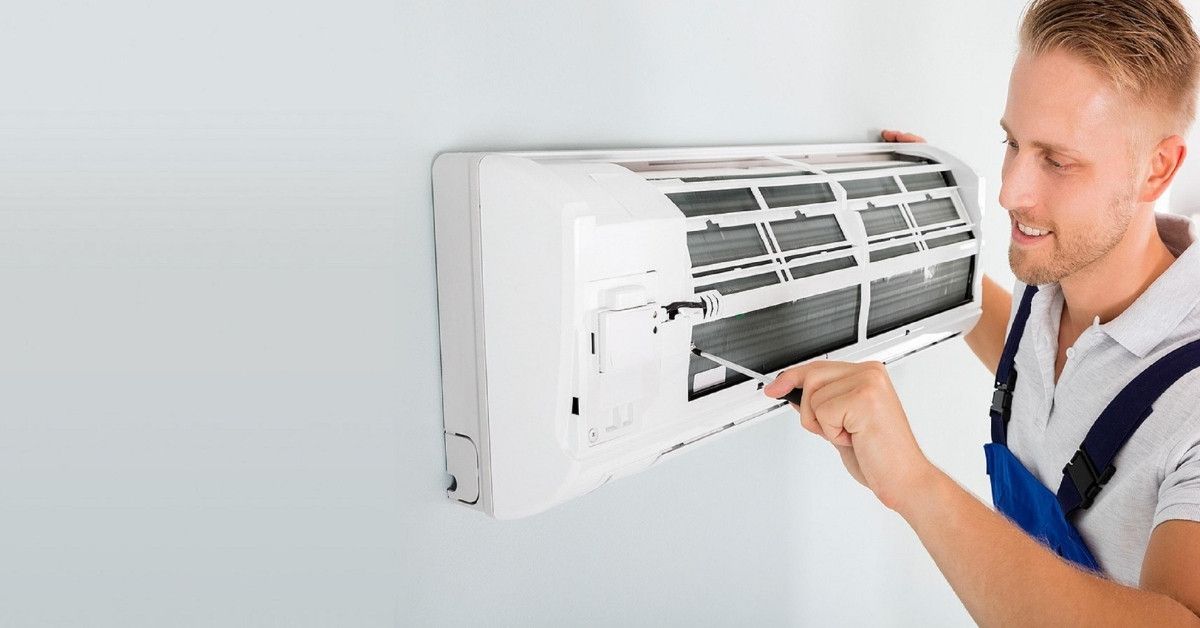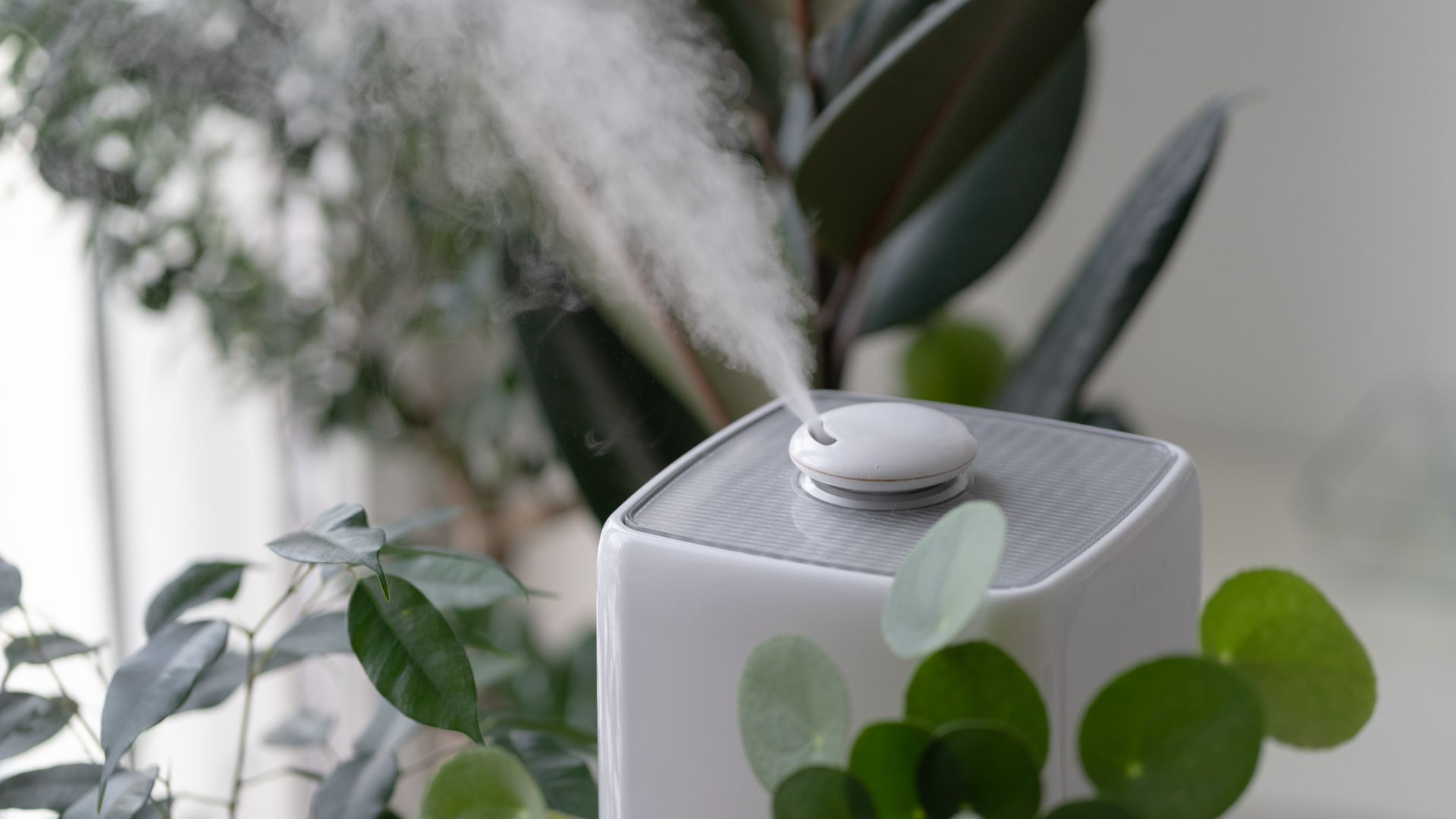The Role of HVAC Systems in Maintaining Ideal Living Conditions in London, Ontario

As the seasons change in London, Ontario, residents often face a fluctuating climate with hot, humid summers and cold, harsh winters. Keeping your home comfortable through these changing conditions is a priority for many, but it can also be a challenge. The solution? An effective HVAC (Heating, Ventilation, and Air Conditioning) system. But what does an HVAC system do in London, Ontario, and why is it so essential for homeowners?
In this blog, we’ll explore the vital role HVAC systems play in maintaining ideal living conditions in London, Ontario. We’ll dive into how these systems function, their benefits, and the long-term implications for both comfort and health. By the end, you’ll have a better understanding of how an HVAC system is more than just a luxury—it's a necessity for every home in this diverse climate.
Key Takeaways
- HVAC systems are essential for maintaining comfort, regulating indoor temperatures, and ensuring healthy air quality in London, Ontario homes.
- Proper maintenance and care of HVAC systems can result in energy savings and improved long-term performance.
- An efficient HVAC system adds value to your home and provides benefits beyond comfort, such as enhanced air quality and health.
- Professional HVAC services from Carver Sheet Metal are a safe and cost-effective way to ensure your system remains in top condition.
Overview
An HVAC system is crucial in maintaining comfortable and healthy indoor conditions in London, Ontario, where the weather can vary significantly throughout the year. These systems help regulate temperature, humidity, and air quality, ensuring residents remain comfortable regardless of the season. By investing in regular professional maintenance, homeowners can enjoy energy efficiency and improved air quality, while avoiding costly repairs and safety risks associated with DIY fixes.
Understanding the Basics of an HVAC System
An HVAC system is responsible for regulating the temperature, humidity, and air quality inside your home. At its core, it combines three essential functions:
- Heating: This portion of the system keeps your home warm during the cold months by circulating heat through the home, often using gas or electric heaters.
- Ventilation: Ventilation ensures that indoor air is continually exchanged with fresh outdoor air, improving the overall air quality. It also removes excess moisture and contaminants.
- Air Conditioning: In the warmer months, the cooling function of an HVAC system helps to keep temperatures comfortable by lowering indoor air temperature and reducing humidity.
These components work together to create a comfortable indoor environment, regardless of what’s happening outside your door. In London, Ontario, where weather can swing dramatically between seasons, an HVAC system becomes a cornerstone of home comfort. But what does an HVAC system do in London, Ontario specifically? Let’s break it down further.
The Importance of HVAC Systems in London, Ontario's Climate
London, Ontario, is known for its variable climate, with temperature extremes that range from freezing winters to hot, humid summers. This wide range of temperatures presents a challenge for homeowners when it comes to keeping their homes comfortable. Without a reliable HVAC system, it would be difficult to maintain consistent indoor conditions year-round.
Winter Heating Needs
The winters in London, Ontario, are often marked by extreme cold, with temperatures regularly dipping below freezing. An HVAC system’s heating component ensures that homes stay warm even during the coldest months. Whether you rely on gas furnaces, electric heat pumps, or other heating methods, these systems provide the warmth needed to maintain a comfortable indoor environment despite the chill outside.
Summer Cooling Needs
During the summer, temperatures in London can rise significantly, often reaching above 30°C (86°F) during heat waves. An HVAC system's cooling functions prevent your home from becoming unbearably hot and humid. Air conditioning keeps temperatures regulated and ensures your home remains a cool retreat from the oppressive summer heat.
Humidity Control
Humidity is another challenge that can affect comfort and health. During the summer months, high humidity can make hot weather feel even worse, while in the winter, dry indoor air can cause discomfort and even damage to furniture and wood floors. An HVAC system plays a crucial role in regulating moisture levels, creating a balanced environment year-round.
Benefits of HVAC Systems Beyond Comfort
While comfort is the most obvious benefit of having an HVAC system, there are additional reasons why investing in one is a smart move for homeowners in London, Ontario.
Improved Air Quality
HVAC systems improve air quality by filtering out dust, allergens, and pollutants that can affect indoor air. This is especially important in urban areas or places with seasonal allergens. Clean air reduces the risk of respiratory issues and enhances overall well-being.
Energy Efficiency
An efficient HVAC system can help homeowners save on energy bills by heating or cooling spaces effectively without overusing energy. Modern systems come equipped with energy-efficient features that provide optimal performance, contributing to lower utility costs.
Long-Term Value
A properly maintained HVAC system adds value to your home. Prospective buyers often look for homes with reliable HVAC systems, as they know these will provide comfort and energy savings. Regular maintenance also helps extend the life of the system, ensuring that it continues to operate efficiently for years to come.
How Does an HVAC System in London, Ontario Impact Health?
In addition to improving comfort and energy efficiency, an HVAC system also has direct implications for health. Here are some ways an HVAC system contributes to a healthier living environment:
Humidity Control and Health
Proper humidity levels are essential for respiratory health. Low humidity can dry out your skin and nasal passages, while high humidity can encourage mold growth. Both extremes can lead to allergies, asthma, and other respiratory issues. By managing indoor humidity, your HVAC system ensures a healthier air quality for you and your family.
Air Purification
Many HVAC systems come equipped with advanced air filters that remove contaminants from the air. This can be especially beneficial for individuals with allergies or respiratory conditions, as it reduces the presence of dust, pet dander, pollen, and other irritants in the home.
Maintaining Comfort for Sleep
The ideal sleep environment requires the right temperature and humidity. An HVAC system allows you to adjust both to ensure a more restful night’s sleep. For many people, a consistent indoor climate helps promote deeper sleep and improves overall health.
Why DIY HVAC Maintenance is Risky
Some homeowners may be tempted to handle HVAC maintenance on their own to save money. However, trying to maintain or repair your HVAC system without professional assistance can be risky for several reasons:
Complex Systems
HVAC systems are intricate, and even a small mistake can lead to bigger problems down the line. For example, improper installation or maintenance can affect the system’s efficiency or even cause it to break down entirely.
Safety Risks
Many HVAC systems rely on natural gas or other flammable substances. Handling these systems improperly can be dangerous, leading to the risk of leaks, fires, or carbon monoxide poisoning.
Costly Consequences
Although DIY maintenance may seem like a cost-saving measure, poorly handled repairs can result in more expensive fixes in the long run. Additionally, professional service helps identify potential issues early on, preventing costly breakdowns or repairs.
Instead of opting for a DIY approach, it’s recommended that homeowners seek the expertise of professionals like
Carver Sheet Metal to ensure their HVAC systems are properly maintained and functioning optimally. We serve the London, Ontario area and can assist with everything from installation to regular maintenance, ensuring your home remains comfortable year-round.
FAQs
Q. What does an HVAC system do in London, Ontario?
A. An HVAC system in London, Ontario, helps regulate indoor temperatures, control humidity levels, and improve air quality, ensuring year-round comfort.
Q. How often should I service my HVAC system?
A. It’s recommended to service your HVAC system at least once a year to ensure optimal performance, typically before the heating season in fall or the cooling season in spring.
Q. Can I repair my HVAC system myself?
A. While DIY fixes might seem appealing, HVAC systems are complex and carry safety risks. It’s always best to consult with professionals like
Carver Sheet Metal
for repairs or maintenance.
Q. What are the benefits of regular HVAC maintenance?
A. Regular maintenance helps improve system efficiency, extend its lifespan, reduce energy costs, and prevent unexpected breakdowns.
Conclusion
In conclusion, an HVAC system plays a pivotal role in maintaining ideal living conditions in London, Ontario. It ensures your home remains comfortable, energy-efficient, and healthy regardless of what’s happening outside. When considering what an HVAC system does in London, Ontario, it’s clear that it goes beyond just heating or cooling—it’s an integral part of your home’s overall well-being.
Are you ready to ensure your home’s HVAC system is in optimal condition? Don’t rely on DIY fixes—Carver Sheet Metal offers expert HVAC services to keep your system running efficiently. Contact us today at 176 Rectory St, London, ON N5Z 2A5, Canada, or call us at 519-686-1545 for professional assistance.










